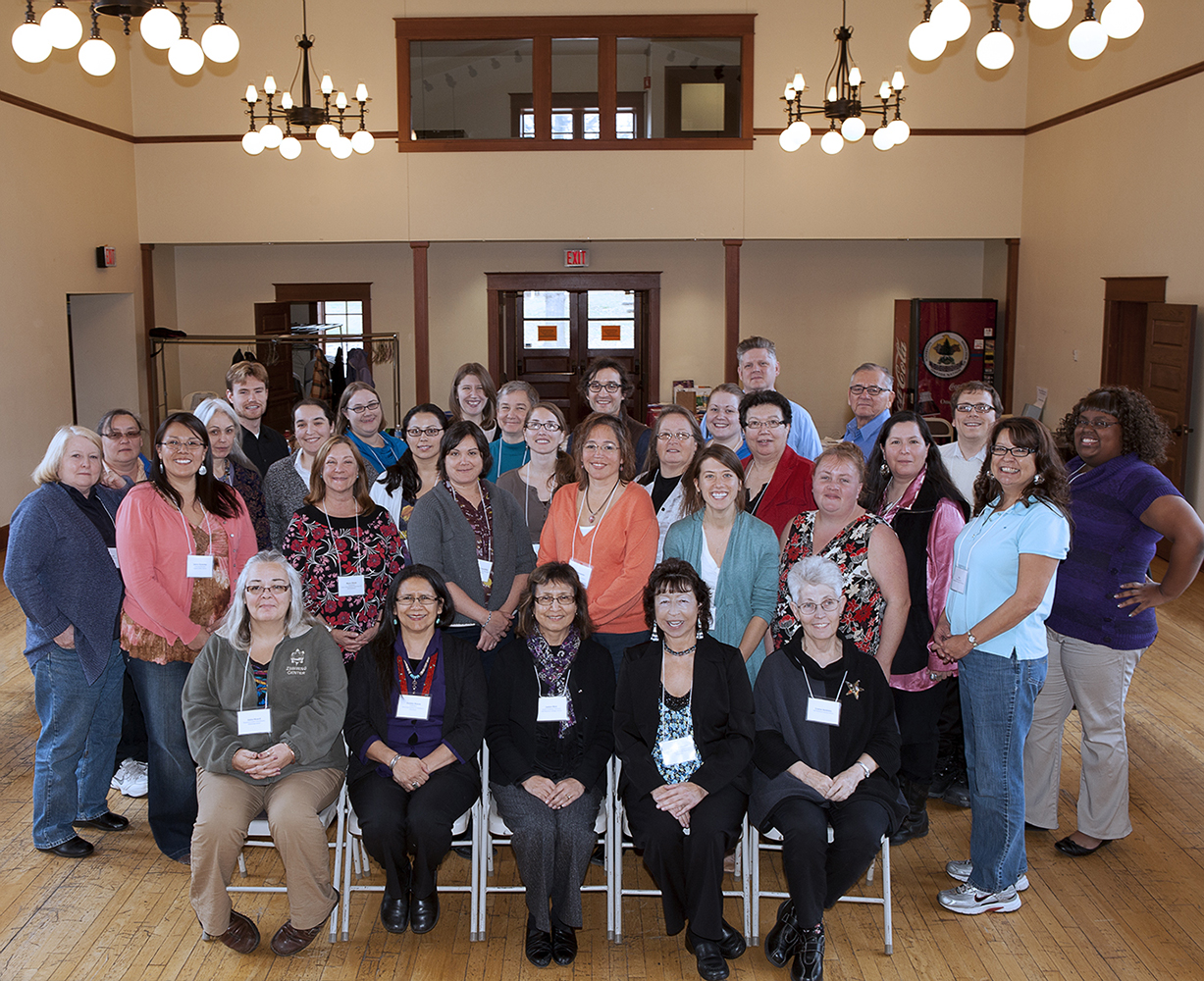Attendees of the fifth Convening Culture Keepers at Oneida, Wisconsin On November 8 and 9, over thirty Wisconsin tribal librarians, archivists, and museum curators at the fifth gathering of Convening Culture Keepers (CCK) hosted by the Oneida Nation. Eleven SLIS
Oneida Nation hosts Fifth Convening Culture Keepers

